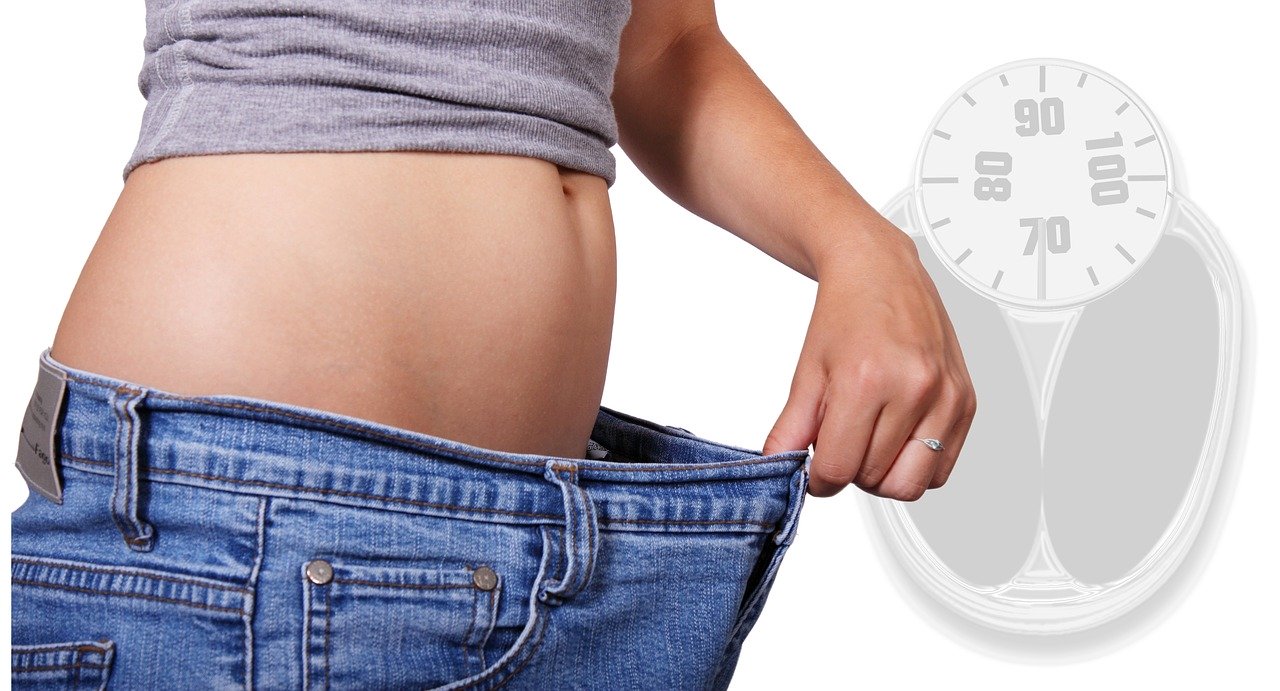Unfortunately, a completely natural physiological phenomenon – menopause – often accompanies a sharp increase in body weight. This is due to so many factors. The most important of them is a natural slowdown in metabolism: the body spends fewer calories, and if we eat more than we spend per day, the weight will certainly increase. The accumulation of fatty deposits can also be provoked by the extinction of ovarian function: they cease to produce estrogen, and the body tries to compensate for its lack by growing adipose tissue, taking it for a “hormonal depot”. Women start to wonder how to lose weight during menopause.
Often, women with menopause begin to gain weight, and, at the same time, panic from not knowing what to do with the accumulated kilograms during the period of hormonal adjustment. Against this background, they begin either to keep to strict diets aimed at losing weight as quickly as possible or simply humble themselves and take their fullness for granted and leave everything as it is. But, neither the one nor the other decision is correct, since the aging body of women is not able to tolerate rigid diets adequately and the excessive amount of extra pounds gained with the onset of menopause, if not eliminated, can lead to trauma to the skeletal system of the musculoskeletal system apparatus. So, how to lose weight during menopause?
How to Lose Weight After Menopause Naturally
Here are a few simple tips on how to lose weight in menopause:
1. Calories Counting
What do you eat and how much? This question can be precisely answered if you keep a food diary. Record everything you ate, the calorie content of foods, as well as the amount of protein, fat, and carbohydrate consumed per day. Today, it’s easier to do this: there are a lot of mobile applications designed for this. Check the daily calorie intake with the recommended norm for your age and gender, and then you can draw the right conclusions about your diet to lose weight after menopause.
2. No hunger strikes!
Even if the numbers in the calorie diary upset you, in no case do not go on strict diets and do not cut the diet to less than 1200-1400 kcal per day! Even at a young age, this can cause vitamin deficiency, a slowdown in metabolism and a menstrual cycle. With menopause, unpleasant symptoms can worsen, and a nutrient deficiency also contributes to the development of osteoporosis, making the vessels fragile and brittle. You need to get rid of extra pounds gradually. If you wonder how to lose weight during menopause, in no case do not completely exclude fats: the non-absorption of fat-soluble vitamins A, E, and D can lead to very unpleasant consequences.
3. Be sure to consult a specialist
In menopause, a woman becomes especially fragile and vulnerable: any radical step is a health risk. If you are worried about weight gain in the past few years, you should definitely see a gynecologist, endocrinologist, and nutritionist. An increase in body weight, especially in women, is often associated with hormonal fluctuations, so, the first thing to do is to find out if your climacteric is normal and if hormonal drugs are needed to correct its symptoms. They must be prescribed by a doctor. This is the tip for those who try to find out how to lose menopause weight.
A nutritionist will help you adjust your diet for menopause to lose weight. Perhaps doctors will prescribe you vitamin supplements for women or phytohormonal drugs to mitigate the manifestations of hormonal changes.
4. Life is in motion!
After 40-45 years, regular physical activity is especially important. Their intensity depends on the state of health and fitness, as well as on the experience of playing sports at an earlier age.
In menopause, especially during weight gain, aerobic training is especially important. They are best performed in the form of morning exercises – at least 25-30 minutes at least 4-5 times a week.
5. Vitamin intake is important
So, have you already developed a comprehensive program for losing weight, made up a training schedule for yourself, thought out a diet and focus on the result? Perfectly! However, do not forget about another pitfall of any diet: a lack of vitamins and minerals. In the menopause, they are especially dangerous:
- lack of vitamin E- deterioration of the skin, the appearance of new wrinkles, hair loss, brittle nails, the fragility of blood vessels;
- lack of vitamin D and calcium – the risk of osteoporosis increases several times;
- lack of vitamin C – the fragility of the walls of blood vessels, as a result – the appearance of vascular “stars” and the development of varicose veins;
- lack of B vitamins and magnesium – leg cramps, irritability, a sharp decrease in stress resistance;
Thus, women who think about how to lose weight during menopause must necessarily include the intake of special vitamins in their daily meals.

